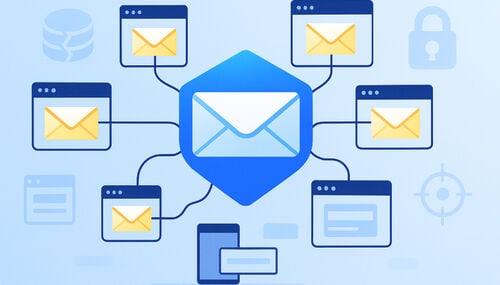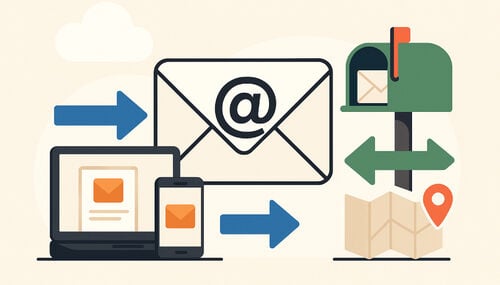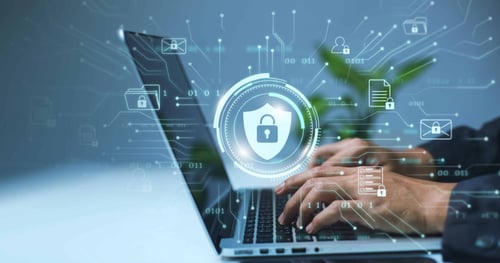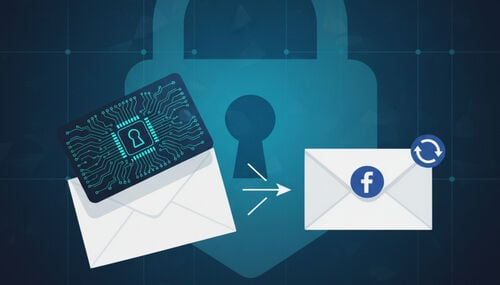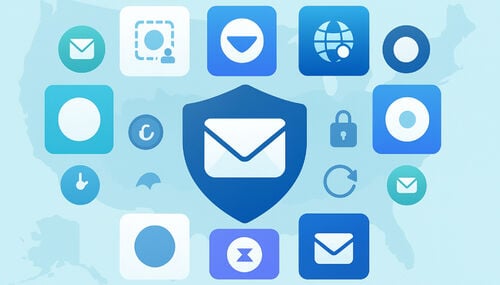Are Temporary Emails Safe?
Quick access
Introduction
What is a temporary email?
Security Benefits of Temporary Email
Other unique advantages of Tmailor.com
When should and shouldn't you use temporary email?
Why choose Tmailor.com as a temporary email service?
Conclusion
Introduction
Temp mail is a popular solution for receiving emails quickly without using a primary email address. It helps users secure their personal information and avoid spam, but is temporary email safe? We'll explore the pros and cons of this type of email and mainly introduce Tmailor.com, one of the top temp mail services with outstanding features.
What is a temporary email?
Temp mail, or Disposable Temporary Email, is an email address that self-destructs after a certain period, usually a few hours or a day. It does not require account registration and does not need to provide any personal information. Here's how it works with Tmailor.com: You visit the website and instantly receive a temporary email address without signing up. The system will automatically delete the email after 24 hours to ensure your privacy.
Security Benefits of Temporary Email
Tmailor.com has many outstanding advantages to improve security and convenience for users:
- Protection of personal information: With Tmailor.com, you do not need to disclose your primary email address. Plus, the service provides a token that allows you to revisit previously received emails, ensuring you can easily access emails if you need them without worrying about them being deleted like other services.
- High speed and stability: Tmailor.com uses Google's server network to receive emails, ensuring fast email receiving speeds globally and helping the service avoid being detected as a temp mail server.
- Complete anonymity: Tmailor.com does not require users to provide any personal information. Just by visiting the website, you have received a temporary email address in no time.
Other unique advantages of Tmailor.com
In addition to the general benefits of temporary email, Tmailor.com offers other outstanding features that few services have:
- Multilingual support: Tmailor.com supports up to 99 languages, making it easy for users worldwide to use the service.
- Use more than 500 domains for email: With Tmailor.com, you have a wide range of email domain options, and the service regularly updates new domains every month to meet user needs.
- Instant Notification Feature: As soon as you receive an email, Tmailor.com will send you an instant notification so you don't miss any important emails.
- Image Proxy and Tracking JavaScript Removal: This service has an image proxy that removes trackers via images and automatically removes tracking JavaScript snippets in emails to protect your privacy.
When should and shouldn't you use temporary email?
- Recommended for short-term needs: Temp mail is ideal for short-term subscriptions, such as taking surveys, receiving confirmation codes, or subscribing to receive information from non-essential websites. With over 500 email domains and the ability to add new ones every month, Tmailor.com offers excellent flexibility to its users.
- Don't use for critical services: For accounts with high-security requirements, such as banks, social networks, or e-commerce sites, it's best to use a primary email address that is encrypted and password protected.
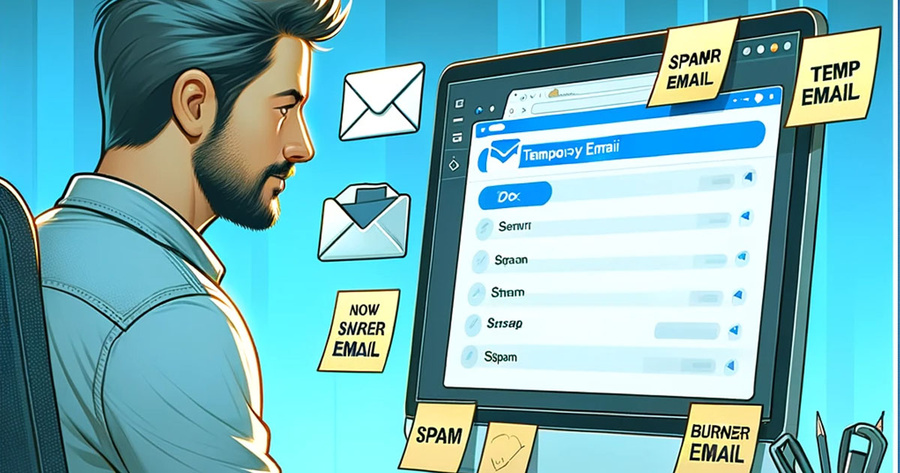
Why choose Tmailor.com as a temporary email service?
Tmailor.com is one of the safest and most convenient temp mail services with notable advantages:
- Emails are not deleted automatically: Unlike other services, Tmailor.com does not delete emails automatically. Users can use the token to revisit previous emails.
- No personal information required: Visit the website, and you will receive a temporary email address without having to reveal any personal information.
- Google's global server system: Tmailor.com uses Google's server network to speed up the worldwide receipt of emails and help the service avoid being recognized as a temporary email server.
- Convenient on any platform: This service can be used on a browser and has Android and iOS applications suitable for users on any device.
Conclusion
In conclusion, temporary email is a convenient and secure solution for short-term email needs. Still, it's not perfect for every situation. Tmailor.com stands out among temp mail services with many unique advantages, such as multilingual support, fast email speeds thanks to Google servers, instant notifications, and privacy protection through image proxy and JavaScript tracking removal. Most importantly, it's a safe and reliable service for anyone who needs to protect their identity and avoid spam without providing personal information.
